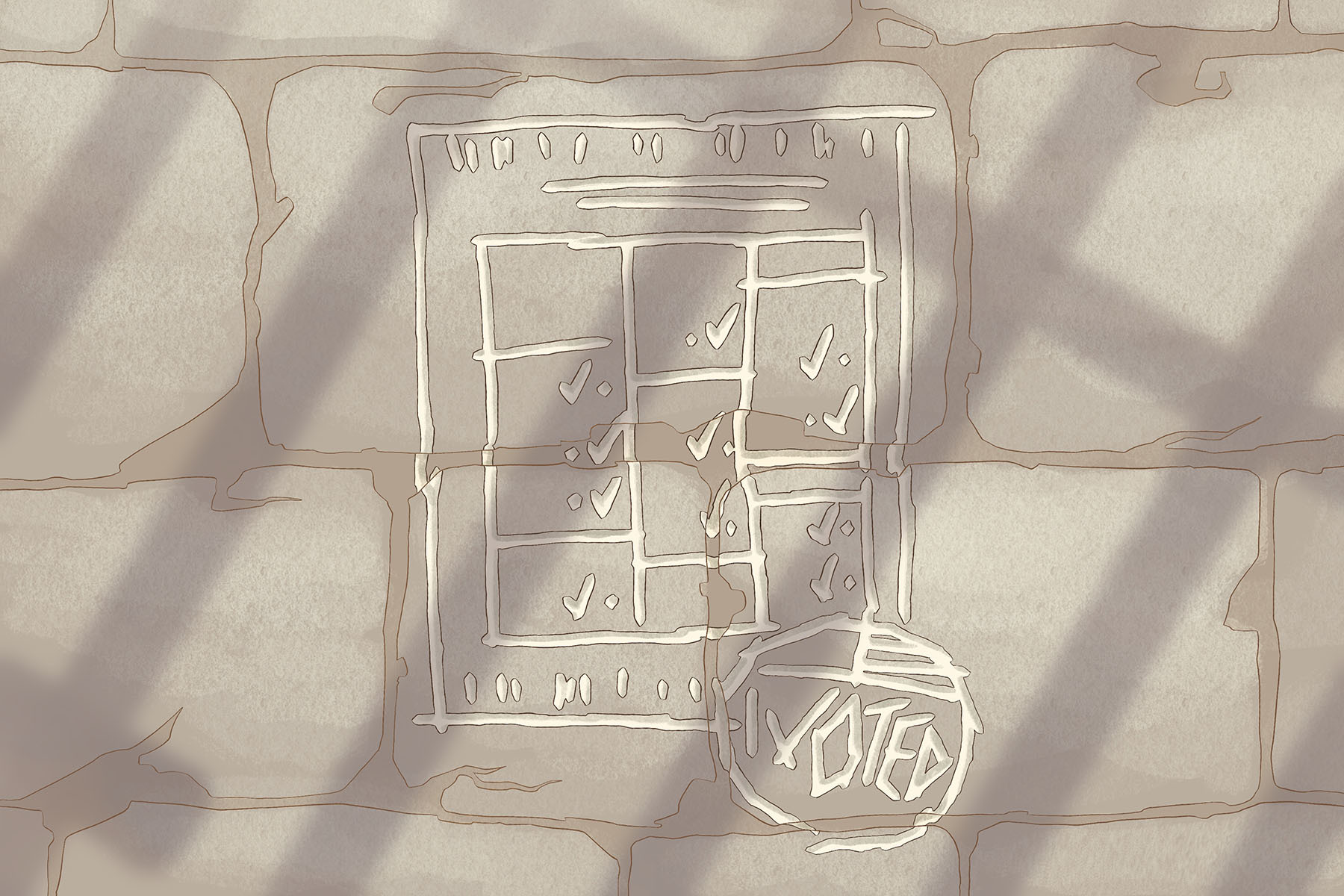On Dec. 18, 1865, amid the aftermath of the American Civil War, Congress passed the Thirteenth Amendment to the United States Constitution, which ended the practice of slavery and involuntary servitude. This amendment was the culmination of President Lincoln’s Emancipation Proclamation, built upon a cascade of state-level actions to permanently enshrine the end of slavery in the U.S. Constitution. Yet somehow, in the midterm elections of November 2022, it would appear that slavery, or a form of it, was on the ballot. The necessity of this inclusion illustrates that slavery did not disappear, it merely took on a new form, a form buried within a powerful American institution: the prison system.
The root of the issue lies in the Thirteenth Amendment itself: There is a built-in exception to the prohibition of slavery. The Constitution permits states to put incarcerated persons to work without compensation or consent. The Thirteenth Amendment effectively put an end to what is known as “chattel” slavery, whereby a person is considered property. But, the amendment specifically places prison labor in a legal gray area. This is a major point of debate. Some consider prison labor to be a reasonable extension of the supposed debt that incarcerated workers owe to society. However, others raise concerns over the vague loopholes that allow the practice to persist, as well as the dehumanizing nature of involuntary servitude.
Let’s take a look back to 1865 at the beginning of the First Reconstruction when slavery, as most people know it, ended. The newly freed slaves were no longer in danger of returning to their past conditions, but various discriminatory factors held them down to similar levels of disrespect, dehumanization and unhappiness. Many anti-Black laws were passed to incarcerate as many people as possible in order to bolster the prison workforce. Sharecropping, hate crimes and mass incarceration kept the spirit of chattel slavery alive and crushed the spirit of a long-marginalized group of people. Prison labor was the promising new path toward power and profit.
Prison labor works well. Within America’s privatized prison industry, there is a significant emphasis on profit, which, while not necessarily outweighing the focus on rehabilitation, can make people in prison look like valuable commodities. Incarcerated workers can be trained in simple manufacturing to generate revenue for the prisons, and their manual labor can be leased out to nearby counties depending on state law. However, there is significant evidence that this profit-oriented mindset exists at the cost of prisoners’ well-being and rehabilitation efforts. In its commodification of human beings, prison labor can be seen as an effort to keep slavery alive with minimal modification.
In practice, American prison labor is not literally slavery, but is closely related to it. Incarcerated workers are paid for their labor, either in the form of money or desirable goods and services such as phone calls. Just enough to make it less “slavery” and more “job,” but not so much that employers can’t implement fear tactics to improve productivity. Although prisons are not legally required to compensate workers, the average minimum wage of a prison laborer is still a bit less than a dollar. That small monetary difference is enough to muddy the waters for those trying to bring an end to slavery in all its forms.
With wages that low, options for control become cheap. Prisons set high prices for services like phone calls to create another source of revenue at the physical expense of incarcerated workers. Refusing to work can result in the seizure of wages or even solitary confinement. Prison labor is pure, unfettered capitalism, which, without the obstruction of labor rights and kindness utilizes the gray area in the Thirteenth Amendment to its advantage. The consequences are devastating. After years of labor with hardly anything to show for it, many are released back into regular society with low chances of making a decent living due to their former incarcerated status. The prison industrial complex dooms millions to low-paying forced labor followed by a lifetime of discrimination.
There are 639 incarcerated persons for every 100,000 people in the U.S.; America has an incarceration problem. There is an excessive willingness to send people to prison, which the prisons then benefit from as they can improve their finances with each incarcerated person. The fact that minorities are sent to prison at higher rates is exceptionally troubling, as it shows that the spirit of slavery is still alive and well. Prison labor is not only profitable, but it’s racially targeted. Something needs to change.
In November 2022, four states (Alabama, Oregon, Tennessee and Vermont) successfully voted to modify their constitutions to place limits on the use of prison labor. Most of these measures removed the ambiguous language and clauses that promoted the practice of prison labor. While the effectiveness of these measures has yet to be seen, they clearly offer new opportunities for incarcerated workers to bring forward legal action. In most cases, incarcerated workers are not protected by the same labor laws as the average worker. Reformative measures like these introduce greater fairness to the system. Nevertheless, a similar measure failed in Louisiana in 2022 due to faulty and vague phrasing, which emphasizes that there is still much to be done.

















